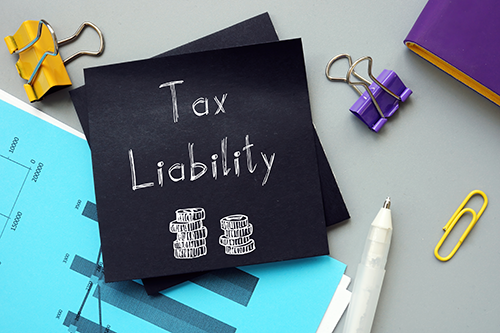
There are always several things to keep in mind when it comes to taxes for your small business or practice. Thankfully, with some careful planning and smart decision-making, you can sort through the issues and come out ahead. Here are some helpful tips for minimizing the tax liability of your practice and how it can benefit your business in the long run.
Leverage Business Deductions
One of the most straightforward ways to reduce your tax liability is by maximizing business deductions. Try to keep an inventory of all eligible expenses, like office supplies, travel expenses, and any professional development costs.
You can use official documentation to reduce taxable income and maintain a clear image of your practice’s financial health. You can regularly review expenses and consult with a tax professional to ensure you’re claiming all possible deductions.
Consider the Benefits of a Group Practice
Sharing taxes through a group practice can be another effective strategy to minimize tax liability. Deciding on a group or solo practice is an important factor in determining your yearly taxes. Working with others can share the responsibility and alleviate some of the pressure.
This collaborative approach can offer tax benefits, such as shared office space and equipment expenses. You may also qualify for larger tax credits and incentives when working in a group practice that aren’t available to solo practitioners.
Take Advantage of Tax-Advantaged Retirement Plans
The final step in minimizing the tax liability of your practice is to establish a retirement plan. This process can secure your financial future and offer immediate advantages.
By contributing to a tax-advantaged retirement account like a Simplified Employee Pension (SEP) IRA or a Solo 401(k), both you and your practice can enjoy significant tax benefits. By contributing to these accounts, you can have more tax reductions when it comes time to file. Practitioners can use these accounts to grow tax-deferred savings until they retire.
By implementing these strategies, you can effectively minimize the tax liability of your practice. Consider working with a tax advisor who specializes in small businesses to ensure you’re making the most of available tax-saving opportunities. Take control of your tax strategy today and secure a more prosperous future for your practice.

